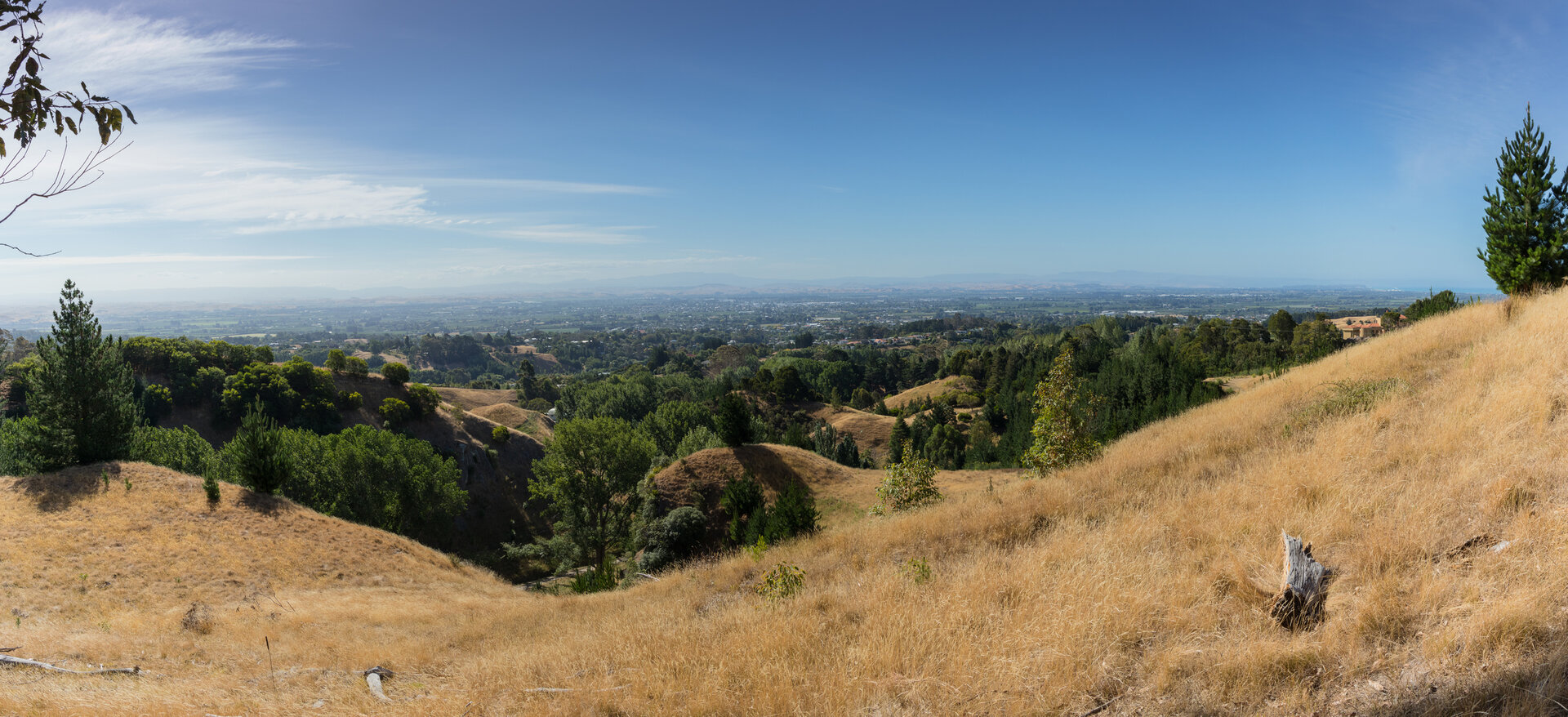When the notion of your own death enters your mind, is there a peace within or fear? In the answer is “fear,” let Dave Branon’s words below be an encouragement for you.
In early 2019, Charlie VanderMeer died at the age of eighty-four. For many decades, he was known to thousands and thousands of people as Uncle Charlie, the host of the national radio broadcast Children’s Bible Hour. The day before Uncle Charlie slipped into eternity, he told a good friend, “It’s not what you know, it’s who you know. Of course, I’m talking about Jesus Christ.”
Even as he faced the end of his life, Uncle Charlie couldn’t help but talk about Jesus and the necessity for people to receive Him as their Savior.
The apostle Paul considered knowing Jesus his most important task: “I consider everything a loss because of the surpassing worth of knowing Christ Jesus my Lord, for whose sake I have lost all things. I consider them garbage, that I may gain Christ and be found in him” (Philippians 3:8–9). And how do we know Jesus? “If you declare with your mouth, ‘Jesus is Lord,’ and believe in your heart that God raised him from the dead, you will be saved” (Romans 10:9).
We may know facts about Jesus, we may know all about the church, and we may even be familiar with the Bible. But the only way to know Jesus as Savior is to accept His free gift of salvation. He’s the Who we need to know. By Dave Branon
REFLECT & PRAY
In your relationship with Jesus, how have you experienced that it’s Who you know, not what? What has Christ’s forgiveness meant to you?
Father God, I pray for all who’ve yet to come to know Jesus by believing in Him and accepting His sacrifice on their behalf. And if I’m one who hasn’t received Jesus as my Savior, may I confess with my mouth “Jesus is Lord” today.
SCRIPTURE INSIGHT
In Paul’s letter to believers in Christ in Philippi, he uses his own story to show the difference between two ways of thinking about spiritual righteousness—rightness in one’s own eyes and rightness in the eyes of God. Paul had advanced in a religious culture of proud ritual compliance. Only after meeting the resurrected Christ on the road to Damascus did he learn about rightness of the heart. Only in the blessedness of brokenness did he see his need for mercy. Religious self-righteousness had fueled the violence he inflicted on believers in Jesus whom he believed posed a danger to the faith and peace of Israel. Only after hearing Christ say, “Saul, Saul, why do you persecute me?” (Acts 9:4) did he discover a rightness of heart that led him to suffer for others as Jesus had suffered for him. Mart DeHaan
I consider everything a loss because of the surpassing worth of knowing Christ Jesus my Lord. Philippians 3:8
READ Philippians 3:7–11
Our Daily Bread - May 5, 2021 - It's Who You Know

